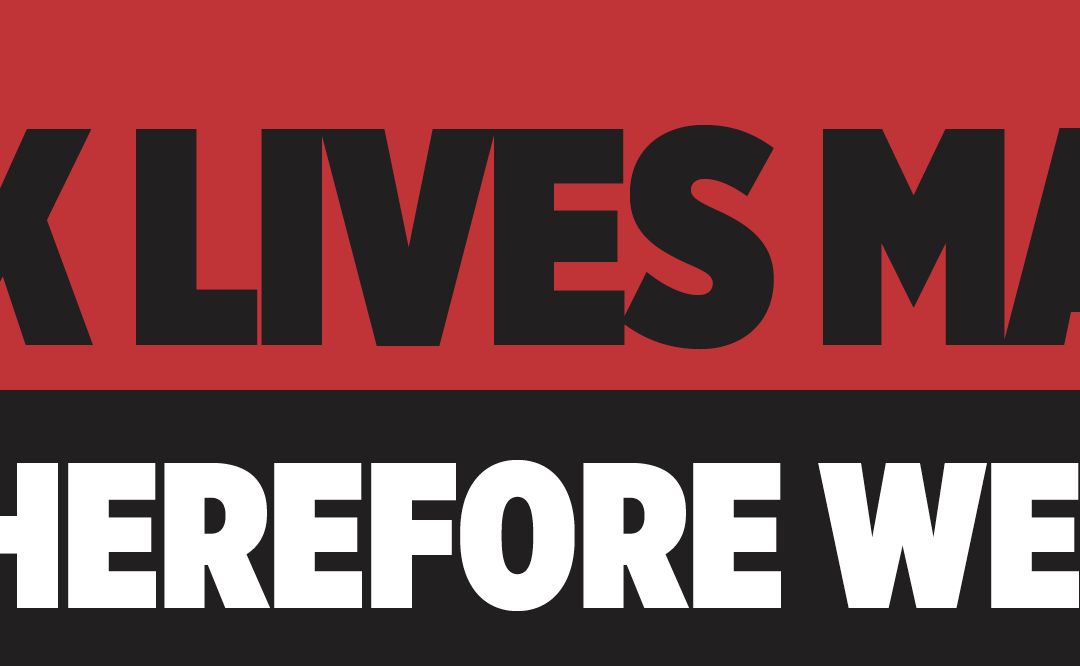In June, as a way of response to and support of, the Black Lives Matter movement, an ad hoc group of faculty in the NIU School of Music began collaborating to craft a statement with the objective that it would direct a path forward for the school, its students, faculty and staff.
 The members of the committee: Reggie Thomas (professor and head of jazz studies), Rodrigo Villanueva (professor of jazz studies), Mary Lynn Doherty (assistant director of the School of Music, associate professor and coordinator of music education), Bobby Broom (assistant professor of jazz guitar and jazz studies), Eric Johnson (professor and coordinator of choral activities), Geof Bradfield (professor of jazz saxophone and jazz studies) Gregory Beyer (professor of music and director of percussion studies)and Andrew Glendening (director of the School of Music and professor of music) sought to create a statement that promised actions they would commit to take.
The members of the committee: Reggie Thomas (professor and head of jazz studies), Rodrigo Villanueva (professor of jazz studies), Mary Lynn Doherty (assistant director of the School of Music, associate professor and coordinator of music education), Bobby Broom (assistant professor of jazz guitar and jazz studies), Eric Johnson (professor and coordinator of choral activities), Geof Bradfield (professor of jazz saxophone and jazz studies) Gregory Beyer (professor of music and director of percussion studies)and Andrew Glendening (director of the School of Music and professor of music) sought to create a statement that promised actions they would commit to take.
“The intent,” Thomas said. “Was not to release an obligatory response filled with empty gestures, but a statement of real support and accountability. We wanted to express our desire to be purposefully anti-racist and create measures to hold ourselves accountable. Our statement is meant to be a framework for those in our community to create meaningful change when needed to our teaching, curating and recruiting.”
Glendening said the working group functioned as a “think tank” and he envisions that they will continue to work as a steering committee to develop a web page to report out on the progress of their intended actions.
The eight members of the committee were among those who had previously participated in a Diversity+Equity (CODE) workshop, and Villanueva said their discussions from the very beginning revealed the group was determined to develop a statement that would boldly defend the Black Lives Matter movement and make a commitment to seek real change.
Villanueva said he believes the outcomes from this process would include a commitment to actively engaging in anti-racist actions in a variety of areas from the recruitment of a more diverse body of students, faculty and guest artists, to multi-cultural experiences that proactively facilitate multicultural understanding and programming music that enlightens the minds of students related to social justice, to discussions of the history of civil rights in America and the importance of art—specifically music—as a catalyst towards meaningful social, cultural and economic progress.
“Going forward, our community should expect to see thoughtful programming in our performances that reflects our entire society,” Thomas said. “Students should expect to see language and practices in course materials that have been vetted for any unintended biases. We will hold ourselves accountable and responsible for recruiting efforts that make NIU accessible to all populations.”

